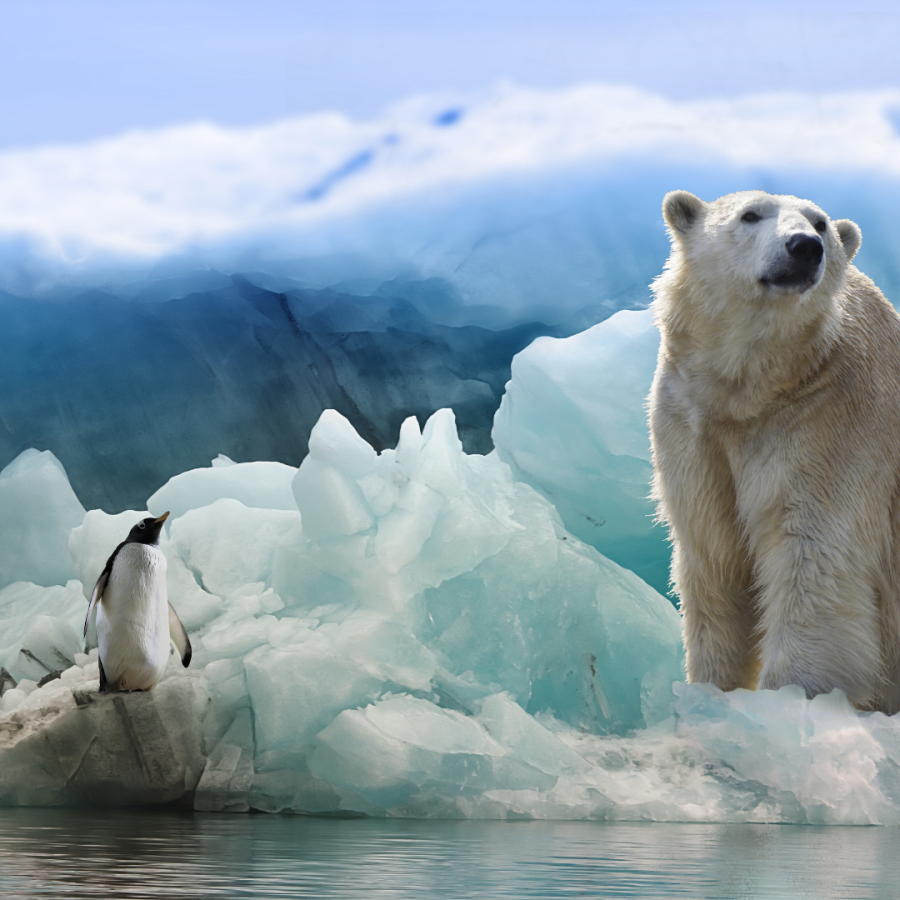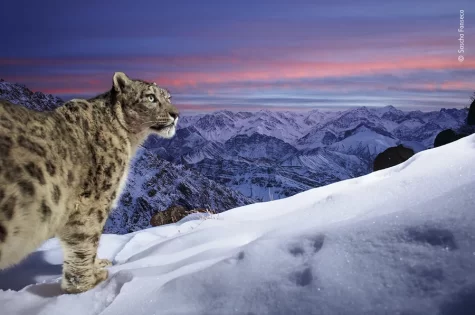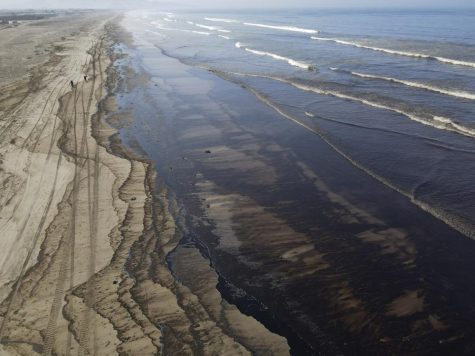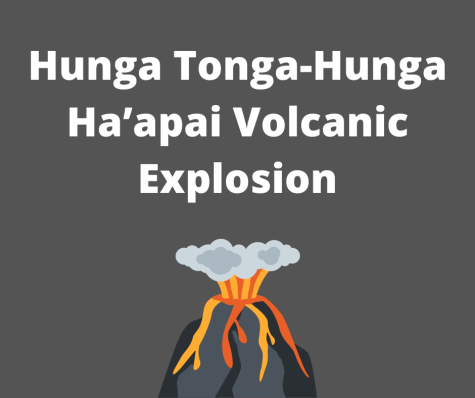The Effects of Global Warming On The Arctic
Climate change can affect multiple species of mammals and their ecosystems.
Recently, the Arctic’s issues with global warming have been enhanced. Examples of this are Arctic animal’s ecosystems becoming destroyed, food webs that are becoming disoriented, and the sea levels that are rising. Rebecca Lindsey, an author for the National Oceanic and Atmospheric Association, stated that, “The rising water level is mostly due to a combination of melted water from glaciers and ice sheets and thermal expansion of seawater as it warms.”
According to the World Wide Fund for Nature, “The moving fish change the ecosystem at which they occupy.” As the Arctic ice melts, the ocean gets cooler. Hence why these fish are moving to warmer parts of the ocean. Robert White, a physical science teacher here at FHS, had said that, “Earth’s climate throughout geological history has gone in cycles, both global warming and global cooling exist.” Which correlates with the evidence that as the earth is warming, it’s oceans are cooling.
Scarce resources for a home can cause multiple breeds of arctic animals to go extinct. Jeremy Torr said that, “Polar bears still tuck into whale carcasses when they can, in 2017, more than 180 bears were seen scavenging on a single whale carcass, so they still know how to make the most of an opportunity.” The alternative to this for most of the polar bears consists of drowning or freezing. The melting ice has taken away from many of the mammal’s homes and they are forced to go elsewhere. Elsewhere is not ideal for animals that are made to live in such extreme weather.
Melting Ice is not only a threat to the Arctic wildlife, but to humans as well. The United States Environmental Protection Agency said that, “Rising sea levels flood low lying wetlands and dry land, erode shorelines, contribute to coastal flooding, and increase the flow of salt water into estuaries and nearby groundwater aquifers.” Over the years, there has been an increase in global temperature. Flooding is already an issue in coastal areas, but melting ice increases the chance of destruction from the flooding. The National Snow And Ice Data Center recently stated that, “The last 15 years are the lowest 15 sea ice extents recorded in the satellite record.”
There are many organizations working to improve the quality of our planet. Environmental scientists have said that humanity’s goal should be to fix these issues before they are irreversible. Some may argue that today’s teens should be more mindful of global warming, considering that we have more time on this planet. Teen climate change activist Greta Thunberg has said, “The problems we care about the most are usually not the ones that are being prioritized the highest.” There is a lot of research going into global warming, but the many solutions that have been created to help lessen these effects will take time.

Hobbies: Art, Reading
Quote: “I’m feeling so tired.” - Mac DeMarco
Theme Song: Space Song by Beach House
Favorite Content Creator: Lindsay...






